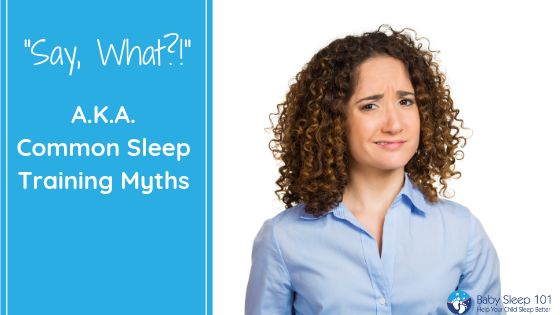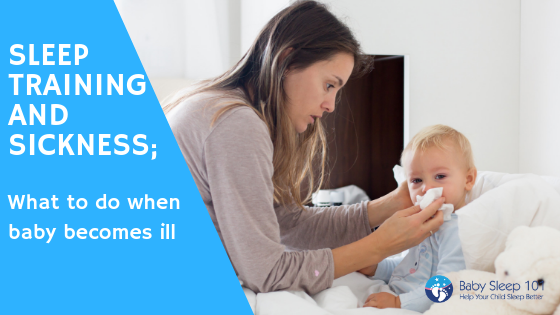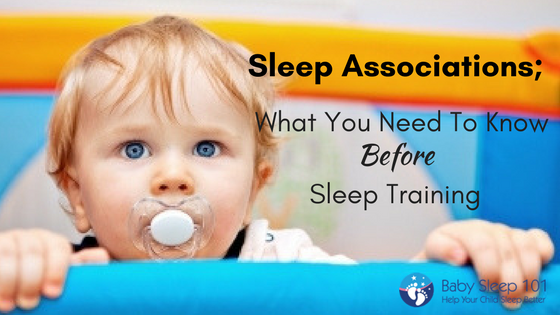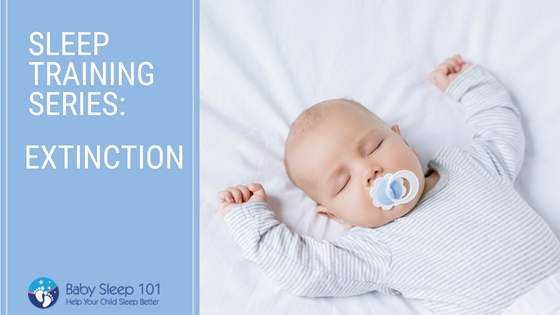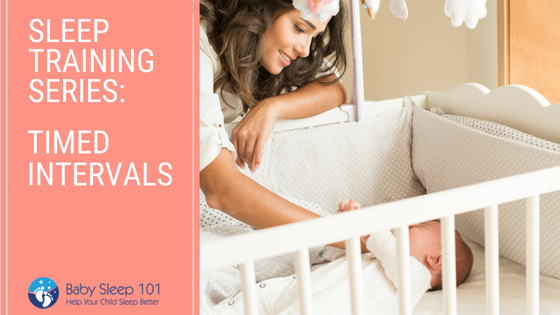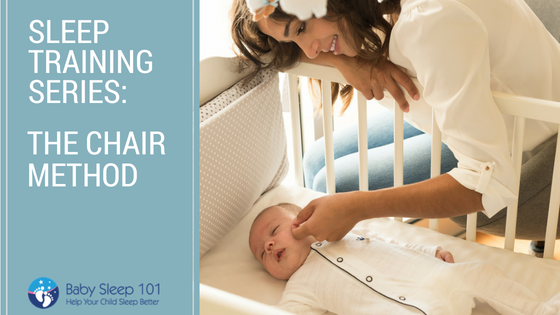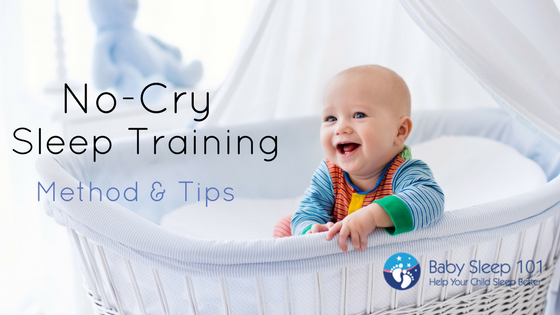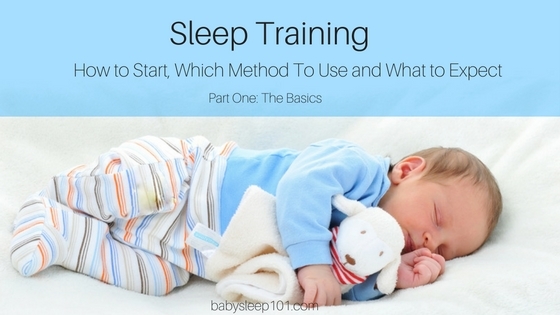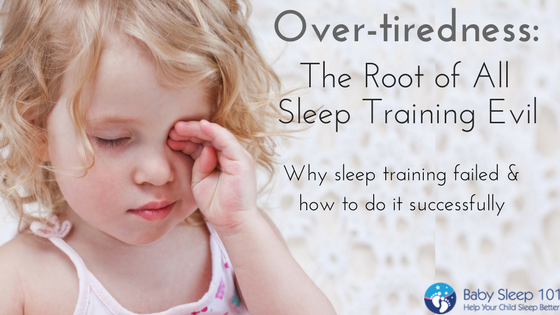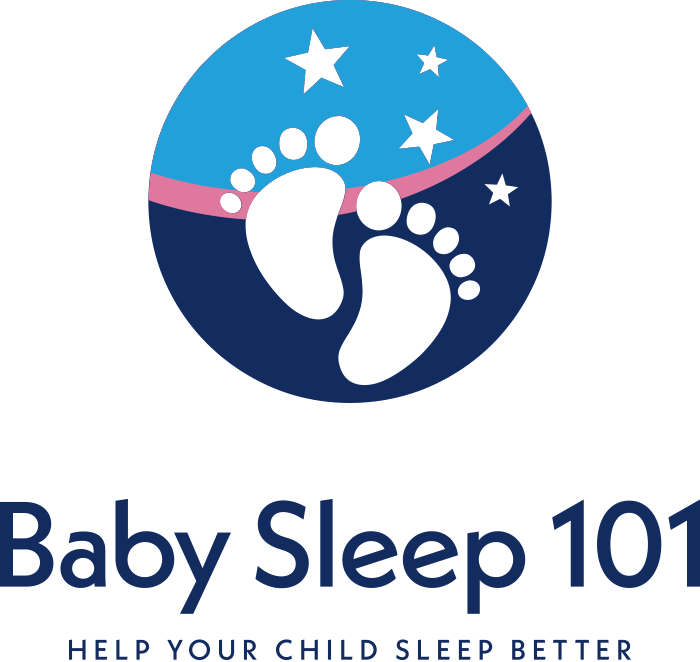Sleep Training Myths
In my job as a child sleep consultant, I have come across every sleep training myth in the book. Unfortunately, as new parents, nobody teaches us about our child’s biological sleep needs and as such, myths, rumors and inaccuracies abound.
Sleep, which is the FOUNDATION for life, is never discussed once parents have a baby. Instead, we are left on our own to try and figure out how to establish healthy sleep habits.
In fact, in a recent, quick poll I did on the Baby Sleep 101 Facebook page the other day, out of the close to 100 parents that responded, only one of them were given any instructions about their baby’s sleep needs before being discharged from the hospital with their newborn! And that parent, had a midwife for her delivery.
So we can’t be faulted for believing some of the following myths. I used to believe many of these when my own daughter wouldn’t sleep.
But, having the wrong information creates issues for parents and children as they lead you to believe things that are inaccurate. This ultimately ends with children developing unhealthy sleep habits and parents becoming frustrated.
So, let’s correct some of the most common sleep and sleep training myths once and for all.
1. Late Bedtimes Results In Better Night Sleep or Later Wake Ups
This is by far one of the most common sleep training myths that I hear. Most of the time it has come from a well-meaning older relative who has no understanding of the science of sleep.
Again, we can’t fault anyone for this. There have been incredible discoveries about how we sleep in the last 50 years. #Funfact; REM sleep was only discovered in the 1950s and it wasn’t until the late ’60s that scientists started classifying the different stages of NREM sleep.
This means these discoveries were only being made by scientists during the previous generation’s time. And even with the quick dissemination of information in the internet age, most people don’t know how sleep works or is categorized.
So this brings me back to disputing the first myth; keeping children up later does not make them sleep better at night or wake later in the morning.
It actually causes the opposite to happen!
Children can only comfortably stay awake for a certain amount of time, depending on their age. By keeping a child up later, they will become over tired. This then triggers a biochemical response to release stimulating hormones to try and fight the fatigue.
Once these hormones are in their body, it causes them to sleep less and wake up earlier compared to a well rested child who has a bedtime that is in keeping with their wake times and sleep requirements.
2. Skipping Naps Means Better Sleep At Night
Similar to the first myth, skipping naps does not make your child sleep better at night. Instead, it builds up the sleep debt during the day.
This increases the release of cortisol and adrenaline; two hormones associated with daytime and stress, and makes them more prone to night wakings.
Just like keeping your child up later, this will cause them to be overtired. Overtired children do not sleep deeply or restoratively. Their sleep will be shallow, hence the increase in night wakings. Therefore, children have sleep requirements that need to be met through naps in order to be healthy.
3. Sleep Training Can Cause Damage
The myths that sleep training breaks the bonds of attachment, causes ADHD, insecurities and creates toxic stress are not true. There is no peer-reviewed, research that indicates, reports or even hints at any harm from sleep training.
See: here, here, and here.
What research does show is that NOT having healthy sleep habits has been associated or linked to a whole host of problems such as (but not limited to):
negative impacts on the ability to regulate mood and emotion,
may be an early indicator for anxiety disorders in adulthood,
lowered neurobehavioral function,
and impact to school performance,
There is even more research when it comes to adults and how sleep loss impacts them; diabetes, heart disease, memory, Alzheimer’s disease, cognitive function-all have links to poor sleep quality or quantity.
4. Sleep Training Fixes All Problems
Nope, sorry. Sleep training is not the be-all, end-all to every sleep issue.
This is why some people will say; “I tried sleep training and my child is still taking short naps, waking up crying and waking multiple times a night.”
Very often parents misunderstand what the true purpose of sleep training is. Using a method of sleep training should only be used to wean sleep associations.
It can’t and won’t fix other issues such as night wakings which are due hunger.
Many babies will still need a few feeds a night up to 6-8 months (always check with your healthcare and breastfeeding professionals). This isn’t anything wrong or in need of correction in these situations. And sleep training certainly will not “fix” hunger.
Sleep training also won’t help solve sleep problems that are due to a lack of sleep hygiene, poor quantity or quality of sleep, short naps or overtiredness.
In these cases, creating healthy sleep habits, timing sleep correctly with circadian rhythms, and reducing the child’s sleep debt, is the cure.
5. Sleep Training Means Night Weaning
Let’s put a stop to this one-right here, right now.
You absolutely can sleep train and continue to feed at night. The two are not mutually exclusive.
However, there is a difference between feeding a need and feeding a habit.
If you feel some of the night wakings are habit (and your healthcare provider has no concerns), you don’t have to wait until your child no longer needs feeds during the night to begin sleep training once your baby is ready.
6. Formula, Solids or Thickening Feeds, Improves Nights
Adding formula, solids or thickening a bottle will not help your baby sleep through the night sooner. Instead, doing this can be harmful to your baby’s health, can be a choking hazard and/or create gut issues.
It also does not address the specific sleep issue that may be causing the problem with how a child is falling asleep or with their routine.
Instead, follow a well-timed daytime nap routine, follow good sleep hygine and employ an age appropriate bedtime. This will create a healthy and restful sleep routine for your child overall.
7. CIO is a method
CIO stands for Cry-It-Out. This is not an actual sleep training method, but rather a general term that is used to group together a variety of methods and techniques. CIO can mean many things to different people and unfortunately that can cause a lot of confusion when the term is used.
What it commonly gets mistaken for is either Extinction, Graduated Extinction, Timed Intervals or a combination of all three.
8. It’s Normal For Children to Snore
Snoring in an otherwise healthy child, is not normal. It can indicate a variety of problems that need to be addressed such as:
-
- An airway issue
-
- Low resting tongue posture
-
- High or narrow palate
-
- Allergies
-
- Tethered oral tissues
- Enlarged adenoids or tonsils
If your baby or child is snoring, it should not be ignored. This is an indicator of an underlying issue. Please bring the issue to your child’s doctor.
9. Children Who Resist Sleep Are “Low Sleep Needs”
The vast majority of children require a significant amount of sleep that average around the same amount of hours per age.
When parents say to me that they believe their child has lower-than-average sleep needs, very often the exact opposite is true.
Depending on their age, most babies and children need an average of 11-12 hours of sleep each night, plus several hours of naps during the day.
But when children are overtired, they resist sleep more, cry longer and harder and can really fight the soothing process due to an increased cortisol levels.
Although it may feel like it, these cues are not indications your child doesn’t want to sleep, but rather they are overtired and have caught their “second wind.”
10. This Too Shall Pass
This is a common phrase that many well-meaning relatives, friends and internet groups say. But the truth is that many children don’t outgrow their sleep issues by themselves.
Especially sleep debts and sleep associations; they don’t fix themselves. They just get transferred from one issue to another and the problems escalate and snowball.
While sleep is a biological need, falling asleep independently is a learnt skill and healthy sleep hygiene is fostered by parents.
Another factor to consider is how long some issues take to change. In the meantime both you and your child are not getting the proper amounts of rest needed to be at optimal health.
Even if children could work out their sleep issues over time, they cannot recoup the sleep that they have lost. Your child looks to you to set the tone and routine so that sleep needs are being met.
The Truth About Sleep Training Myths
In the age of the internet, sleep myths abound. Although many are well-meaning, they are often not based on the science of sleep or healthy sleep hygiene.
And as we’ve seen, frequently the exact opposite is actually the truth. Carefully consider the information and the source when being told sleep advice so that your child is getting the best rest possible.
Sleep is complex but vital to your child’s development. Helping them to achieve healthy and restful sleep will benefit them in all areas of their life.


